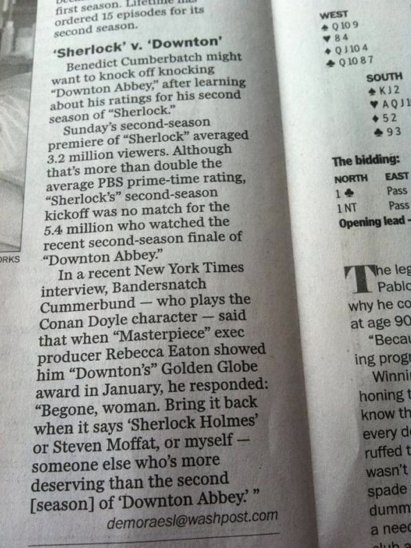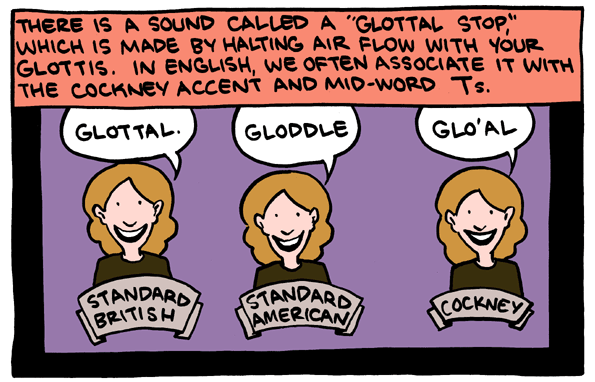Alan Greenblatt of NPR wonders why news outlets insist on continuing to draw attention to the blindness of Chen Guangchen, the Chinese activist who recently escaped house arrest and who has been at the center of international attention this past week.
Greenblatt writes (NPR online; 5/4/2012):
Chen has been repeatedly referred to as "the blind activist" or "the blind activist lawyer" by news outlets such as The New York Times, The Associated Press and The Washington Post. The Economist's current cover story is headlined "Blind Justice."
On Wednesday, NPR decided not to label Chen a "blind activist"….
Descriptions of Chen as blind may have stuck in part because of the way he burst into broad Western consciousness last week—not through his longstanding campaign against China's one-child policy, but by escaping house arrest and trekking 300 miles to Beijing. The fact that he is blind made the story that much more dramatic.
"We're sticking with 'blind' because Chen's name might not be familiar to readers, but they may be aware that there's a 'blind activist' in trouble," says Blake Hounshell, the managing editor of Foreign Policy.
But it doesn't seem like a useful shorthand to Geoffrey Nunberg, a linguist at the University of California, Berkeley, and regular contributor to NPR's Fresh Air.
"It was relevant, obviously, in reference to his escape," Nunberg says, "but the continued use implies a relevance that just isn't there. I don't think it's a 'PC' thing – the point would be the same if he were, for example, 6′7″."
Read the rest of this entry »

